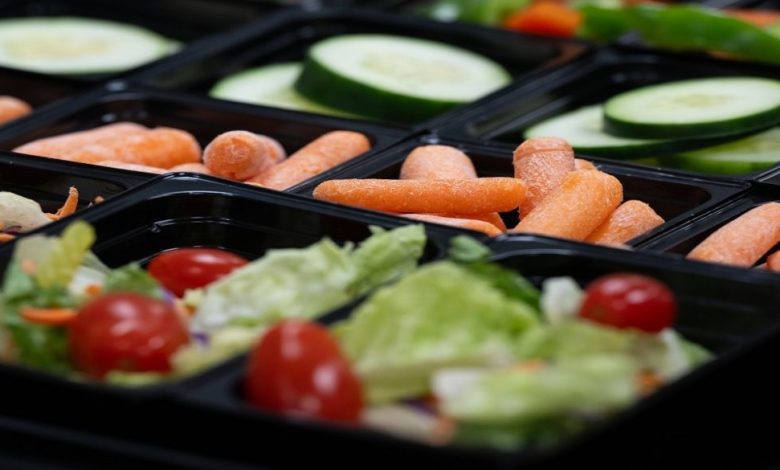Millions of American Families at Risk of Losing Food Aid Amid Ongoing Government Shutdown
Louisiana and other states warn that federal SNAP benefits may stop in November if Congress fails to reopen the government, threatening food security for over 42 million Americans.

Millions of households across the United States face the risk of losing federal food assistance next month after Louisiana and several other states warned that allocations from the Supplemental Nutrition Assistance Program (SNAP) will not be issued in November unless the federal government reopens.
Around 42 million Americans rely on SNAP — the nation’s largest food security initiative — which supports low-income families in every state. In Louisiana alone, more than 16% of residents, or roughly 850,000 people, depend on this aid, according to data from the Center on Budget and Policy Priorities.
The government shutdown, now in its twenty-third day, began after Congress failed to pass a federal budget or temporary funding bill before the end of the fiscal year on October 1. This led to a suspension of operations across dozens of federal agencies. Although SNAP is categorized as a “mandatory” program, its continuation still requires periodic congressional funding. Without an approved budget or stopgap measure, the U.S. Department of Agriculture will not be able to issue new payments once current funding runs out.
Louisiana’s Republican Governor Jeff Landry stated that all program beneficiaries in his state “will receive no new payments starting November 1” unless government operations resume in Washington. He noted that existing balances on benefit cards will remain valid until depleted.
Landry added in a statement: “The House of Representatives, under Speaker Mike Johnson, has already acted to reopen the government, while Senate Democrats led by Chuck Schumer are blocking this effort. It’s time for them to vote to end this political paralysis.”
Bruce Greenstein, Louisiana’s Secretary of Health, said the state “is taking steps to ensure that all beneficiaries understand the current situation and that retailers are prepared for any delays in benefit distribution.”
Elsewhere, major states such as Florida, California, Minnesota, Wisconsin, and North Carolina face similar challenges, with local authorities warning that continued shutdowns past late October could delay or halt aid, leaving millions without basic food support.

Experts Warn SNAP Suspension Could Spark a National Food Crisis
Claire Boersen, Director of Government Relations at the anti-hunger nonprofit Share Our Strength, said Americans “deserve the assurance that federal nutrition programs will be available when needed,” urging Congress “to reach an immediate agreement to reopen the government and fund these vital programs.”
Political tensions remain high. While President Donald Trump accuses Democrats of “blocking efforts to reopen the government,” Senate Majority Leader Chuck Schumer blames Republicans, saying they “refuse to negotiate a comprehensive agreement that includes extensions for healthcare support.”
As the political deadlock continues, fears are growing that the suspension of SNAP could evolve into a nationwide social crisis, affecting tens of millions of Americans who depend on these benefits to feed their families — one of the most severe consequences yet of the ongoing government shutdown.



